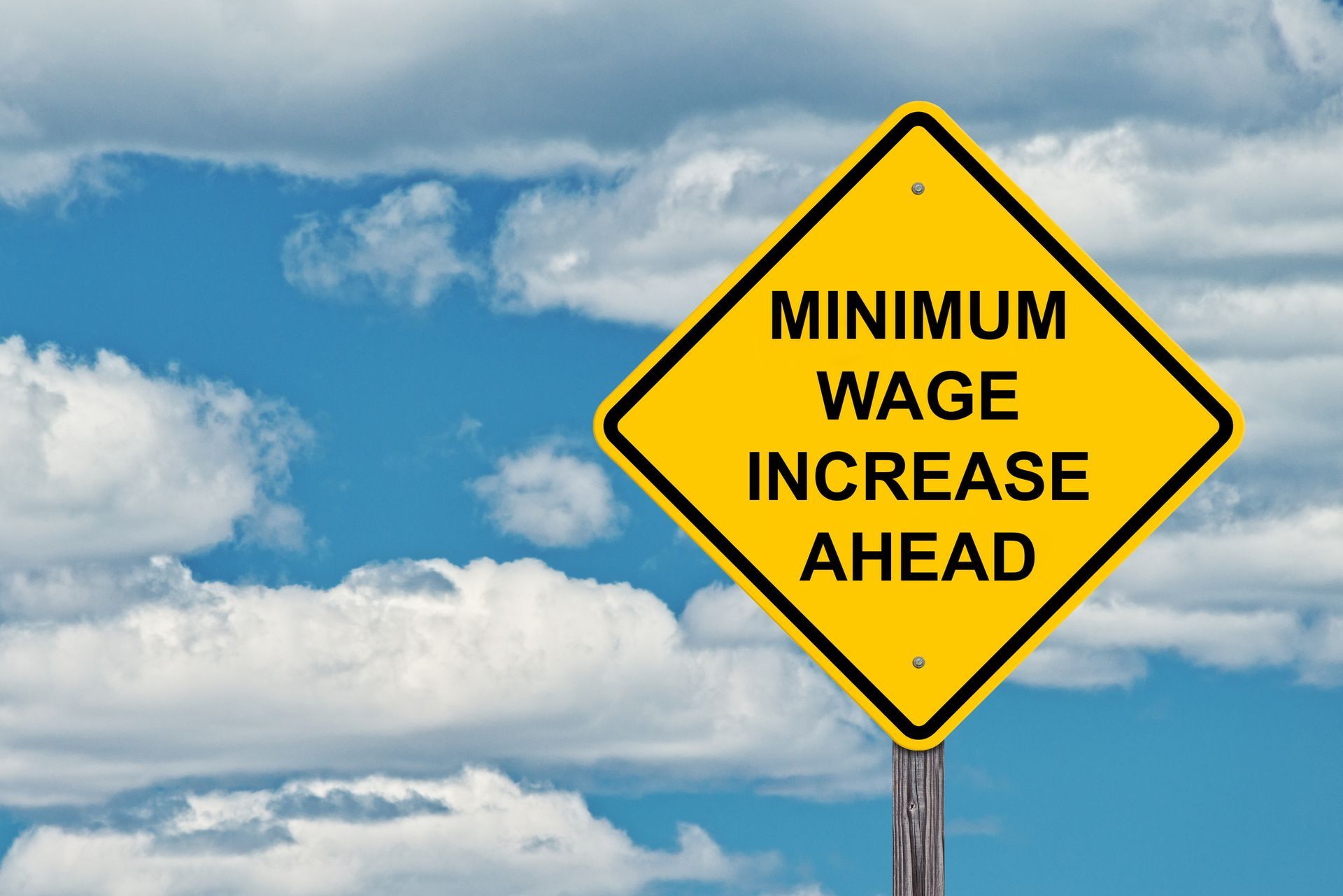5 points for the mobile phone detection cameras
Patrick Schmidt, Partner • June 18, 2020
In New South Wales, as a result of increased detection cameras both fixed and mobile, significantly more drivers are coming under notice for driving offences. These detection devices are not only to punish offending, but are designed to promote safe driving and compliance with the road rules/laws and are known to target “problem” areas.
Currently, an unrestricted licence holder has 13 demerit points (different for each class of licence) and if a driver incurs more than their allocated points within a three year period, the Roads and Maritime Service (RMS) will issue a “Notice of Suspension”.
This notice of suspension normally gives 28 days to explore options in relation to accepting the suspension, appealing the suspension, or applying for a good behaviour licence (under Section 36 of the Road Transport Act).
Accept the Suspension
If the suspension is accepted, the licence will be invalid for a period between three and five months (depending on how many additional points were incurred) after the date noted on the letter sent by the RMS. If you are caught driving during this period, you can face further disqualification periods and penalties of up to six months imprisonment.
Once the suspension period is over, it is best practice to contact the RMS to ensure that the suspension has been lifted. A benefit of opting to take a suspension is when your period is over, the points which lead to the suspension will be returned to zero.
Dispute the Suspension
Unlike provisional licence holders, if you have an unrestricted licence which is suspended due to incurring 13 or more demerit points, you are unable to appeal the suspension to the Local Court. In order to keep your licence you have two options:
Court elect the traffic infringement – within 21 days of receiving the infringement notice you may elect to have the Local Court determine the fine which was the cause of the points to exceed 13. Most traffic offences are strict liability offences, and hard to challenge legally, however you are able to accept guilt of the offence and request the leniency and a non-conviction which will not result in any fine or demerit points being imposed.
Enter into a good behaviour licence – instead of serving a period of suspension you may opt to apply for a good behaviour licence under Section 36(6) of the Road Transport Act. This option seems extremely desirable at the outset, as it does not require any court appearance, the outcome is certain, and you are immediately able to retain your licence. However, this option will also mean that you will only have two demerit points for 12 months. If you breach the good behaviour licence, and pay the fine (accepting liability) you will be suspended for double the length of the original suspension notice.
This commonly sought option comes with another “trap” in that if you accumulate two or more points while you are on a good behaviour licence then you must be suspended and if this occurs there is no chance of an appeal. This issue was dealt with in RTA v Wilson Anor [2003] NSWCA 279 , where it was determined that when accepting the good behaviour licence, nobody ‘decided’ anything, and therefore there is nothing to appeal against.
What do I do?
If you have paid the fine without realising that you would be exceeding your level of points, there is very little that can be done.
If you are aware that your licence will be suspended, you have the option of taking the infringement to court. If you have an arguable case, the RMS has to prove beyond reasonable doubt that you committed the offence however, we note that a majority of the Road Transport Act offences are strict liability meaning that there is no grey area and you either committed the offence or you did not.
If a matter is court elected, you may also seek leniency often known as ‘a plea of guilty with explanation’. If you provide sufficient mitigating circumstances, a magistrate may deal with the matter by not recording a conviction. In order for this to occur, you need to prove among other things, a good driving history, a significant need for a licence, the minor nature of the offence and we also suggest the completion of a traffic offender’s program.
There are risks in taking the matter to court over and above simply paying the fine. If you elect to have the matter heard by a magistrate and you are found guilty then it can result in a criminal conviction.
People often ask, can I get a work licence? Unfortunately, the Loch Ness monster, a leprechaun, Santa Claus and work licences (allowing to drive only for the purposes of commuting to and from work) in New South Wales do not exist.
We suggest that you do not ignore infringements as they will not go away, and if you are caught driving whilst suspended, hefty penalties occur.
If you receive an infringement for using your mobile phone whilst driving and you falsely nominate someone else, it is a serious offence and you may be subject a criminal conviction and significant fines ($11,000).
Should you receive a traffic infringement, there are significant time frames with which to act. We strongly suggest you get in contact with us as soon as possible so we can ensure that your right to drive is protected.
Image Credit - Gutesa © Shutterstock.com

Kells has been delivering outstanding services and legal expertise to commercial and personal clients in Sydney and the Illawarra region for more than five decades. Our lawyers are savvy and understand your needs.
Subscribe
Want to get the latest articles and news delivered to your inbox?




